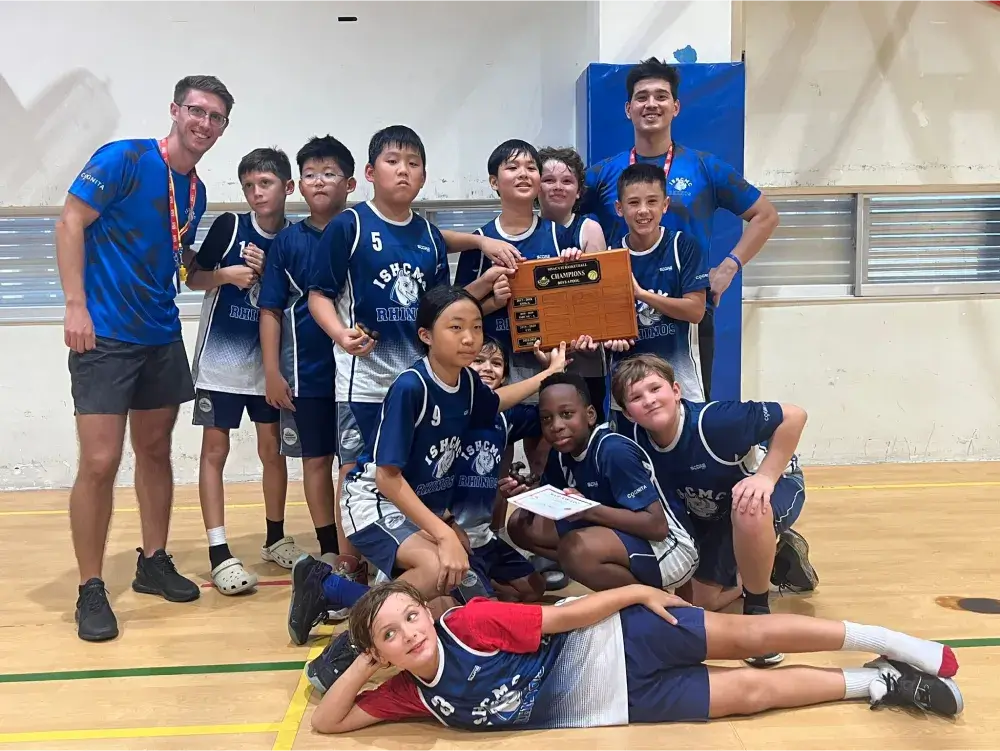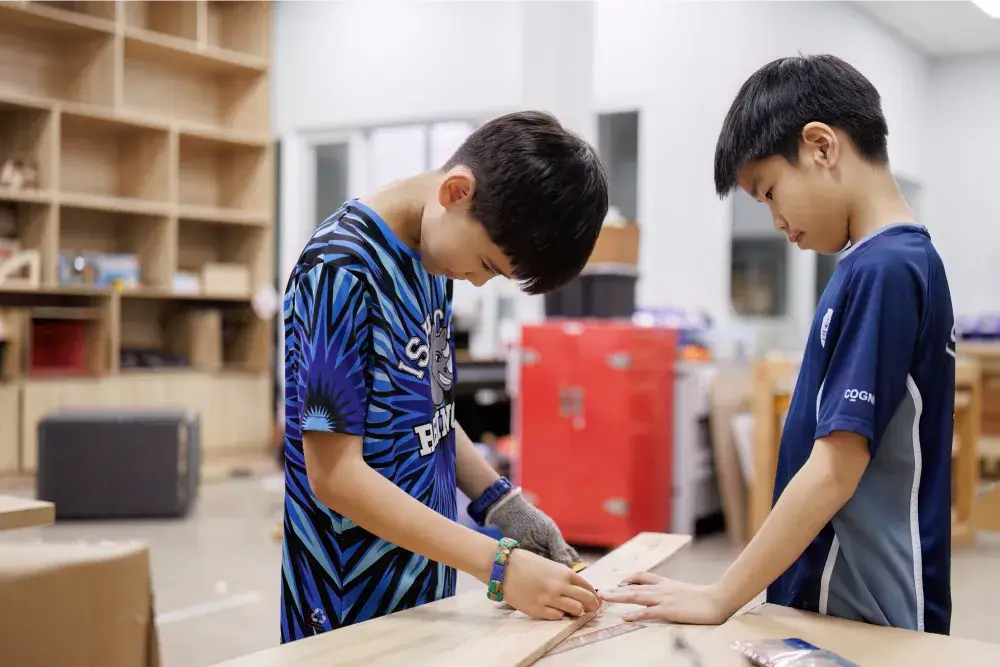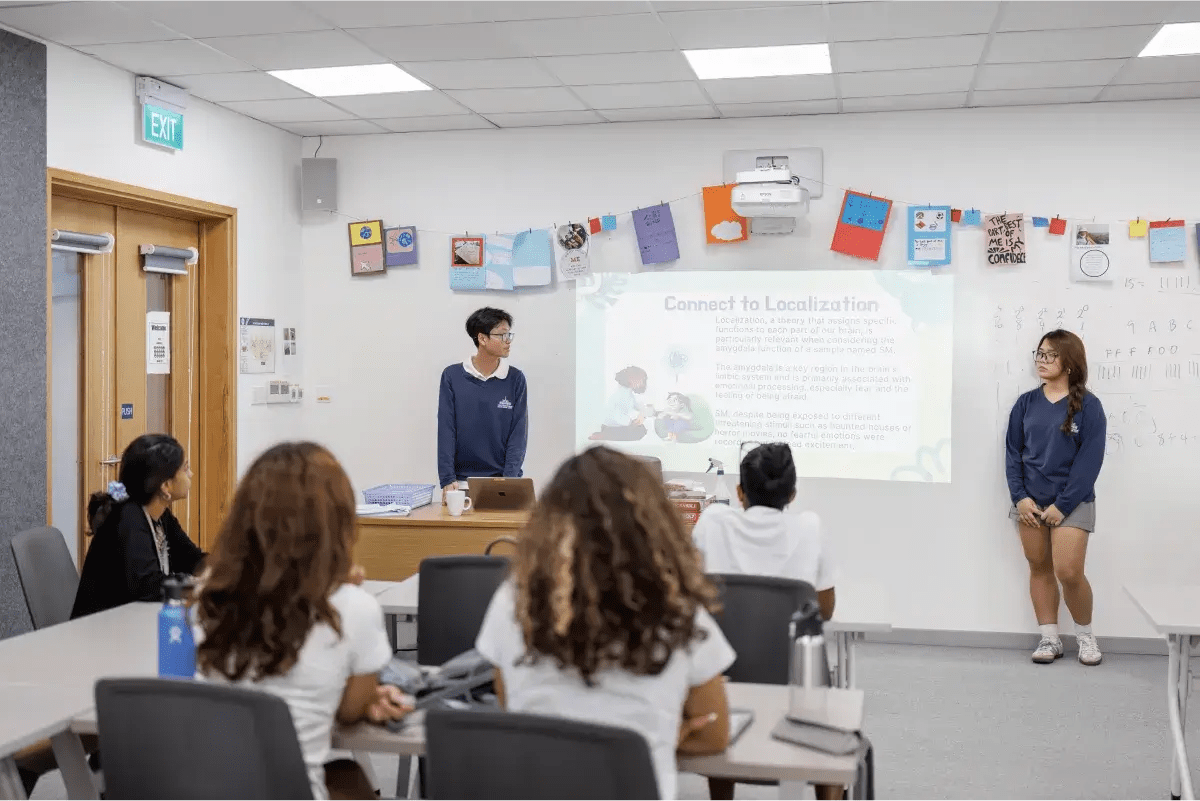How to Develop Leadership Skills for Kids
Leadership skills for kids enhance their social interactions and equip them to take on life challenges ahead. In this article, you can find the best ways to nurture these skills, from setting examples to organizing after-school activities. Read on to guide your children toward becoming the leaders of tomorrow.
Why are Leadership Skills Important for Kids?
Leadership skills are traits that help a leader encourage and support team members in working toward achieving common objectives. These skills unite people, creating a collaborative environment where everyone feels motivated.
Some key leadership skills include communication, decision-making, teamwork, delegation, and listening. Each of these skills contributes to a leader’s ability to drive success.
Leadership is important for kids because it provides a strong foundation for personal growth and lifelong success. More specifically:
- Boosting confidence: Through leadership skills, kids can recognize their strengths and abilities, boosting their confidence.
- Developing communication skills: Leadership encourages kids to communicate effectively, helping them express ideas clearly and listen to others.
- Encouraging critical thinking: Leadership involves making decisions and solving problems. This skill helps them approach situations logically.
- Preparing for the future: Kids can be members or leaders of a team in college or at work. By practicing leadership skills, they gain experience that will benefit them in future roles.
How to Develop Leadership Skills for Kids
Educators and parents can nurture leadership skills in kids by trying these methods:
1. Set an example
When parents and educators display qualities like active listening and fairness, kids can recognize what effective leadership looks like. This modeling approach encourages them to apply what they observe in their own lives.
Parents and educators should incorporate leadership behaviors into daily interactions to set an example. For example, teachers can model by actively listening to student’s ideas and concerns. Kids feel respected when treated kindly and understand the significance of listening.
2. Organize extracurricular activities
Extracurricular activities provide kids with firsthand experiences in teamwork, responsibility, and communication. Schools should consider these activities to promote leadership skills in kids:
- Clubs: School clubs allow kids to explore their interests and passions while taking on leadership roles. They can plan, collaborate with others, and take responsibility for their contributions.
- Team sports: Participation in team sports teaches kids how to work together toward a common goal. For example, if they are part of a soccer team, they can learn how to support each other on the field to achieve victory.
- Scouts: Activities like camping and community service projects offer kids chances to take the lead in planning events. Scouts also need to participate in leadership training workshops.
- Student government: Student government offers kids a great platform to practice leadership as they advocate for their peers. When in charge, they can practice making decisions that affect the school community.
At ISHCMC, students can engage in many after-school activities (ASAs). With various opportunities, students can explore new areas and develop leadership skills in a supportive environment.

3. Encourage volunteering experiences
By understanding the needs of others when doing volunteer work, kids develop empathy and have a new perspective on the world. Moreover, volunteering fosters a sense of dedication, which is the foundation of strong leadership.
Schools may provide volunteer opportunities within their programs that help develop a commitment in students toward serving others. Parents also help by spending time volunteering with their kids and teaching them about the positive changes they can cause.
4. Teach essential skills
Adults can help kids nurture essential leadership skills in various ways. For example:
- Problem-solving: Parents and educators can give real-life challenges and ask kids to analyze and solve the problems. This practice prepares them to tackle obstacles independently in the future.
- Critical thinking: Parents and educators foster this skill in kids by asking open-ended questions that encourage them to evaluate different perspectives. Activities like debate and decision-making games further refine their critical thinking.
- Communication: Effective communication is essential for leadership. Adults should motivate kids to share their thoughts in group settings and make presentations.
- Listening: Good leaders listen to understand. Kids can actively listen and respond thoughtfully by observing their parents and educators.

5. Nurture entrepreneurship
Entrepreneurship education focuses on developing an entrepreneurial mindset in students. In this approach, they can apply the skills and insights in school to real-world situations.
Students can start by setting up small projects like a school fundraiser or reselling unique items. Ultimately, they will feel satisfied by earning rewards through hard work. This experience also helps them build skills like planning and communication to develop a leadership mindset.
6. Cultivate an environment of leadership
When surrounded by people with leadership qualities, kids naturally absorb these traits. The supportive environment reinforces positive behaviors and encourages them to practice leadership skills.
Aside from setting examples, parents and educators can introduce kids to role models like coaches or mentors who demonstrate resilience and problem-solving skills. Stories of notable leaders in classroom discussions also inspire admiration.

7. Teach the value of diversity
Teaching kids the value of diversity instills respect and empathy for others. As they learn to appreciate the differences among their teammates, they can become good leaders.
Teachers can incorporate diverse perspectives in lessons and encourage students to share their unique experiences. These sessions teach them to embrace differences and stand up for others.
8. Develop good habits
Having responsibilities from a young age helps kids understand the importance of contributing to a group. This early exposure teaches them self-discipline and accountability, all of which are critical traits for leadership.
Parents and educators can assign their kids tasks like household chores or group studies. For older children, part-time jobs and volunteer roles are more suitable for building their work ethic and gaining experience.

Empower Your Child’s Journey in Leadership with ISHCMC
Leadership skills for kids equip them with the tools they need to navigate life confidently and work well with others. At ISHCMC, we are dedicated to nurturing these essential skills in a dynamic environment. Apply to ISHCMC today to help your child build a strong leadership and personal growth foundation.






